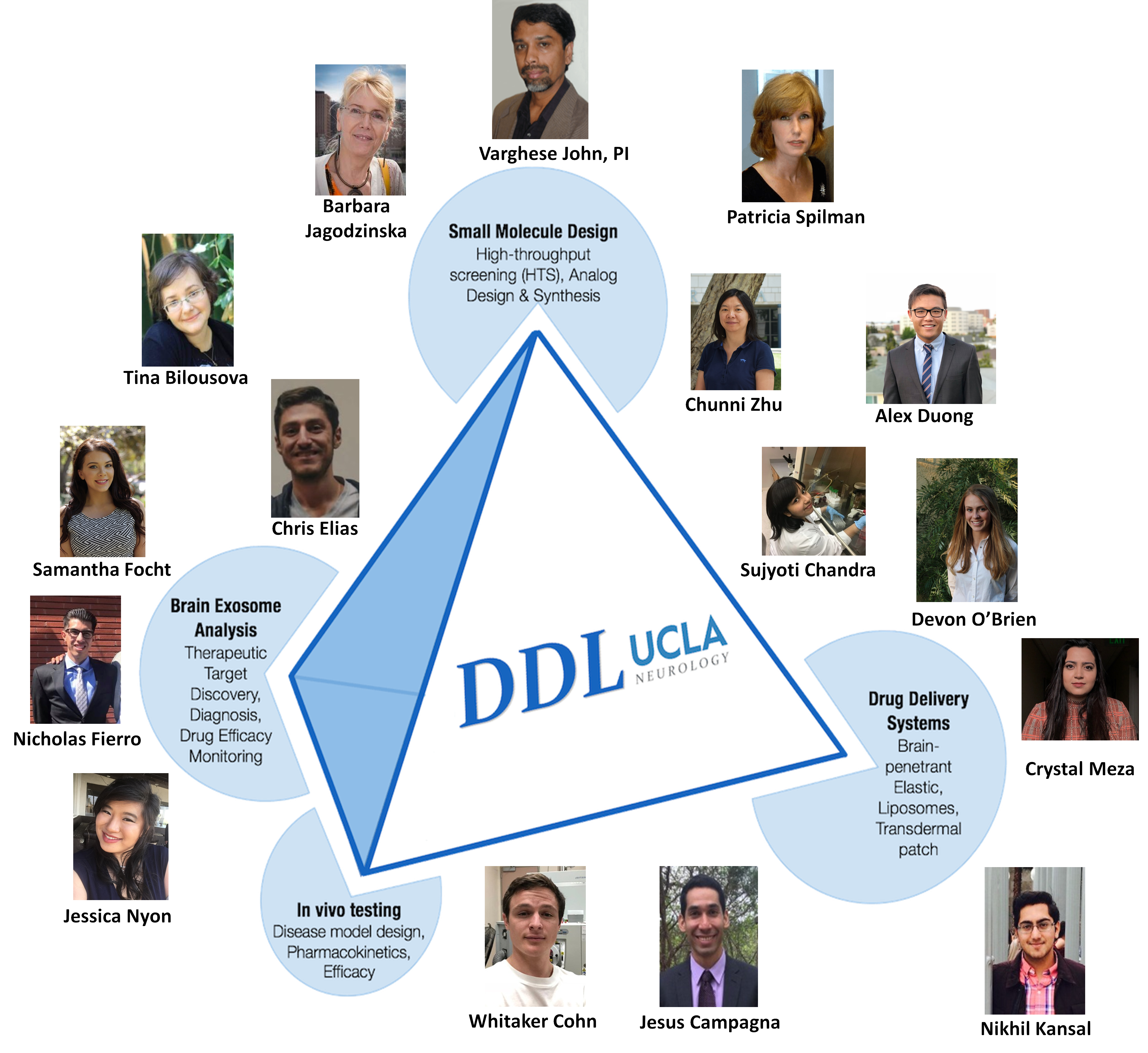Meet the Team
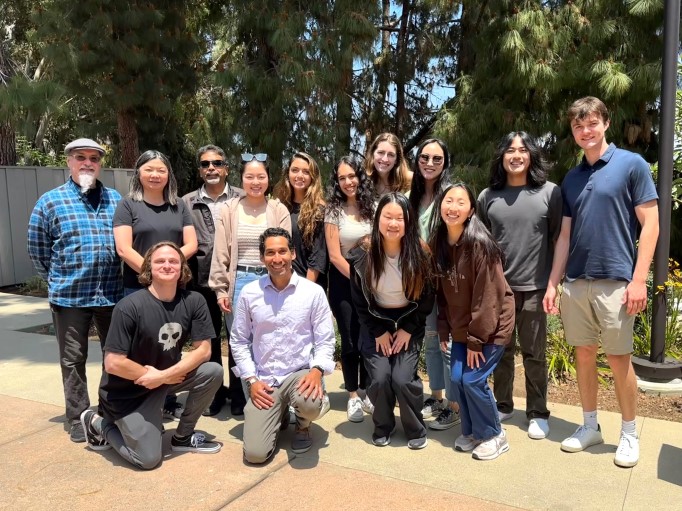
The DDL team consists of accomplished scientists and skilled technicians from multiple scientific disciplines who have joined the lab to find effective, safe therapeutics for the treatment of neurodegenerative disease, with a focus on Alzheimer's disease. Led by Varghese John, Ph.D, the team works together to conduct most aspects of preclinical drug discovery, from development of phenotypic screens and target validation, to medicinal chemistry for hit-to-lead optimization, in vitro ADME-T studies for lead advancement, in vivo pharmacokinetic and pharmacodynamic testing for target engagement, and lead confirmation.
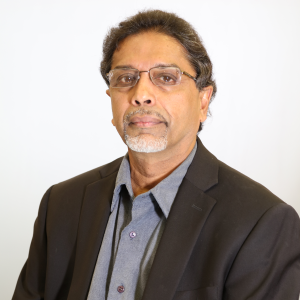
Varghese John, Ph.D.
Principal Investigator
Dr. John is an accomplished medicinal chemist and leads the Drug Discovery Laboratory (DDL) at the Department of Neurology at UCLA. Dr. John is a member of the Alzheimer's Disease Program in the Mary S. Easton Center for Alzheimer's Disease. The DDL team consists of scientists and skilled technicians with basic science and drug development experience who have joined the lab to find effective, safe therapeutics for the treatment of Alzheimer's disease (AD). The DDL team identifies preclinical candidates and then establishes partnerships to progress these therapeutic agents from bench to bedside. Previously Dr. John was with Athena Neurosciences and Elan Pharmaceuticals for 18 years where he led a team of medicinal chemists developing drugs for central nervous system (CNS) diseases with a focus on AD. His work at Elan led to clinical candidates that went into advanced human trials. Dr. John is an inventor on over 100 pending or issued patents on compounds and analogs for CNS related targets.

Barbara Jagodzinska, Ph.D.
Senior Medicinal Chemist
Dr. Jagodzinska is a medicinal chemist, with many years of drug discovery experience in the pharmaceutical industry (Elan Pharmaceuticals, Novartis and Kelsius Inc.). She is a member of the Alzheimer's Disease Program in the Mary S. Easton Center for Alzheimer's Disease under the direction of Professor Dale E. Bredesen, M.D. For the last several years Dr. Jagodzinska consulted for the Alzheimer's Drug Development Network (ADDN). At ADDN she focused on drug discovery with novel targets in neurodegenerative diseases and AD through analoging and small molecule optimization for potency and bioavailability. In collaboration with the Dominican University of California she established a Medicinal Chemistry Laboratory for preparation and characterization of analogs. During her tenure at Elan Pharmaceuticals, Dr. Jagodzinska was part of the γ-secretase and BACE inhibitor program teams. Systematically synthesized a family of inhibitors and identified a target specific nanomolar lead candidates as effective inhibitors of APP processing. She acted as a liaison between Chemistry and Pharmacology during optimization phase of the AD project during collaboration between Elan and Pharmacia, later Pfizer.
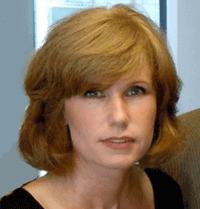
Patricia Spilman, M.A.
Senior Staff Scientist
Patricia has over 20 years of experience in neurodegenerative disease research, including 12 years with world-renowned neuropathologist Stephen J. DeArmond, M.D., Ph.D., and Nobel Laureate, Stanley Prusiner, M.D. at the University of California, San Francisco. For the last ten years, her focus has been on development of new therapeutics as part of an Alzheimer's disease (AD) drug discovery team following a pharmaceutical industry model in an academic research setting. Patricia played a key role in the ADDN at the Buck and her work has resulted in advancement of AD therapeutic candidate tropisetron to clinical trials. In the Drug Discovery lab Patricia supervises and performs in vivo pharmacokinetic/dynamic studies, collects and analyzes all project data, and she is frequently the presenter of project status to funding partners. The success of our current program, starting at the Buck Institute for Research on Aging in Novato, CA and continuing at the Drug Discovery Lab at UCLA, has resulted in generation of multiple NCEs and garnered significant venture capital investment. In addition to writing grants and three first-author publications in the last 6 years, Patricia gave presentations at international scientific conferences such as the Alzheimer's Association International Conference and the Society for Neuroscience Conference, and to the lay public.

Tina Bilousova, Ph.D.
Assistant Project Scientist
Tina Bilousova received her Ph.D. in Biochemistry in Ukraine in 2003. She got her postdoctoral trainings in laboratories of Dr. Iryna Ethell (UC Riverside) and Dr. Daniel Kaufman (UC Los Angeles). During more than 10 years in biomedical research Dr. Bilousovas' long-standing interest is in structural and biochemical synaptic alterations in neurodevelopmental and neurodegenerative disorders. After joining Dr. Gylys' laboratory (part of Mary S. Easton Center for Alzheimer's disease Research at UCLA) in 2010 the main focus of her research is Alzheimer's disease. Dr. Bilousova joined the Drug Discovery laboratory in 2014; she participates in bioassay development and testing new drug candidates on cell culture and animal models of Alzheimer's disease.
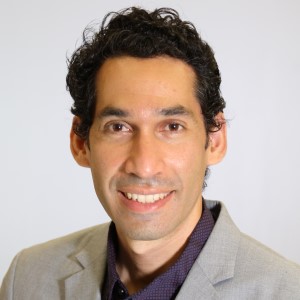
Jesus Campagna, M.S.
Director of Operation
Jesus has over 6 years of experience in a broad range of analytical chemistry techniques, molecular biology, enzymology and protein assays, and nanoparticles synthesis for controlled drug release. He has developed expertise in screening compound libraries, designing screening methodologies, and performing expanded in vitro studies of test compounds. Jesus is currently working on screening the 200K UCLA small molecule library for various targets to identify new and novel AD targets, formulations of nanoliposomes to improve drug brain penetration and solubility, and determining ADME profile of compounds. He was part of the Alzheimer's Drug Development Network (ADDN) at The Buck Institute for Research on Aging which focuses on developing new therapeutics for AD. His contribution to ADDN supported the generation of multiple new chemical entities (NCEs) that caught the attention of significant venture capital investors. In addition, his ongoing work in the drug discovery research has resulted in co-authorship on two manuscripts in 2014.
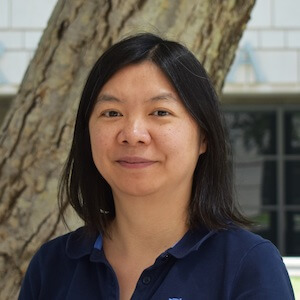
Chunni Zhu, Ph.D
Associate Project Scientist
I have the expertise, leadership, training, and motivation necessary to successfully carry out the proposed research project for the Air Force grant. I have a broad background in neuroscience, with specific training and expertise in neurodegenerative animal model study, pre-clinical trial management, histology and pathology in rodents and secondary data analysis. I am currently the director for Brain Research Institute microscopic core facility at UCLA. My research involves pre-clinical drug trials in mouse models of Parkinson's(PD) and Huntington's (HD) diseases. I am the senior member of the laboratory and my expertise in neuropathology has enabled me to become a key member of research projects in the lab and to lead the neuropathological analyses in these projects. I am also in charge of in vivo drug administration and behavioral assessment for some of these studies. I am actively involved in teaching and mentoring students. I have trained a number of undergraduate and graduate students in histological techniques and supervised other staff research associates in their work involving in vivo mouse work, histology and pathology. I also train, advise and help postdoctoral researchers in their research involving histology and pathology. Additionally, these experiences have provided me with leadership skills that have been invaluable in assembling the unique team of UCLA investigators who will contribute to the research efforts described in the proposal entitled, 'Salivary Exosome (nsEV) Analysis to Elucidate Intercelluar Signaling Events that Precede Pilot Fatigue & Impaired Cognition,' that we have submitted to the Air Force Office for Scientific Research Human Performance & Biosystems Department.
I'm excited about having the opportunity to act as Project Coordinator in the context of this consortium research effort and am confident that I can excel in this role to provide the Air Force with excellent returns on its investment of resources in our team's cognitive fatigue biomarker discovery and validation studies. I appreciate the AFOSR's consideration of our request for these research resources and look forward to putting together our unique blend of capabilities to work in helping the Air Force further its standing as the planet's most technologically advanced airborne combat group.
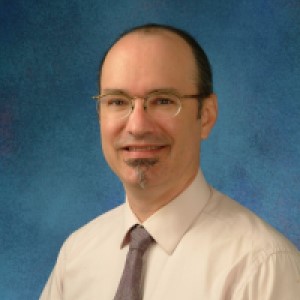
Bruce Teter, Ph.D.
Associate Adjunct Professor
Bruce Teter received a B.S. in marine biology and a minor in chemistry from Cal. State U., Long Beach, and a Ph.D. in molecular biology from the University of Southern California, studying DNA structure in control of protein binding and gene expression. He then completed a postdoctoral fellowship in neurogerontology focusing on epigenetic control of gene expression changes with aging, working with Dr. Caleb Finch at the Andrus Gerontology Center in the School of Gerontology at USC. In 1996 he joined the lab of Dr. Greg Cole at UCLA and is currently Adjunct Associate Professor in the Department of Neurology, and Chief of the ApoE Research Laboratory and Research Associate at GRECC at Veterans Administration, GLAHS. He began work in Dr. Varghese John's lab in 2021, where he leads a project on genetic engineering of apoE4, and contributes to molecular biology aspects of other drug development projects. Dr. Teter's research focuses on the neurobiology of apolipoprotein E (apoE), and how apoE4 is the major genetic risk factor for sporadic Alzheimer’s Disease. Dr. Teter has published seminal works on the influence of apoE4 in inhibits neuroplasticity. His current research examines how apoE4 increases inflammation and modulates the innate immune system. These and other phenotypes of apoE4 are being examined for their mechanisms and potential as a target for therapeutic drugs, and lifestyle effects of exercise. Another tactic is to target the ApoE4 gene itself, genetically engineering it to the ApoE3 form.
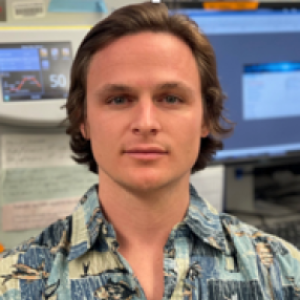
Whitaker Cohn, Ph.D.
Postdoctoral Fellow
Whitaker Cohn is a first graduate student in UCLA's Molecular, Cellular, & Integrative Physiology (MCIP) interdepartmental Ph.D. program. After graduating from the University of California, Santa Barbara with a Bachelor of Science in Biopsychology, he worked as a Research Associate at UCLA's Pasarow Mass Spectrometry Laboratory, where he utilized mass spectrometry-based proteomics, metabolomics and lipidomics to conduct research across a diverse range of scientific disciplines. His interests lie in advancing the understanding of the complex cellular and molecular mechanisms that regulate homeostasis and disease in physiological systems.

Dongwook Wi, M.S
Staff Research Associate
Dongwook has 2+ years of experience in a broad range of organic chemistry techniques and small molecules synthesis. He graduated from the University of Minnesota-Twin Cities, where he earned his Bachelor of Science in Chemistry. While studying at UMN, he spent 2 years involved in Dr. Wayland Noland's lab, working on the synthesis Diels-Alders compounds with heterocycles nitrogen compounds for dementia diseases by utilizing analytical methods including solid-liquid extraction for testing for medicinal activity. He then received a M.S in Pharmaceutical Sciences from USC in 2021. Shortly after, Dongwook joined the Drug Discovery Lab in 2021 and is currently working as a chemist. In the DDL lab, he strives to synthesize several different small molecules for the treatment of skeletal muscle and pulmonary dysfunction in Duchenne Muscular Dystrophy. He is focusing on synthesizing brain permeable small molecule mimetics of the Humanin Peptide as a novel target for modulating neurodegenerative diseases, while utilizing techniques including flash chromatography, flow chemistry, liquid-liquid extraction, and interpreting data by using Nuclear Magnetic Resonance (NMR), Agilent 1290 HPLC System, and MS/MS (Agilent 6460 Triple Quadrupole).
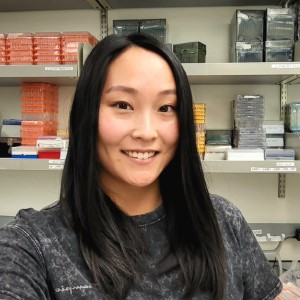
Jessica Lee
Staff Research Associate
Jessica is a transfer student from Riverside City College and will be graduating Spring 2022 from UCLA with a B.S. in chemistry. She is interested in synthetic organic chemistry and aspires to become a medicinal chemist. Her hobbies include hiking, catch and release fishing, and taking pictures of her dog Monster.

Terran Cole
MACS Student
Terran is a first year student in UCLA's new Masters of Applied Chemical Sciences (MACS) program. After receiving her B.S. in Biochemistry from UCLA in 2021, she has worked in various industries ranging from analytical chemistry to semiconductors and inorganic chemistry. She is now focusing her studies on medicinal chemistry, with hopes to enter the pharmaceutical industry upon her 2024 graduation. At DDL she is excited to explore drug development for diseases such as Parkinson’s, Alzheimer’s, and Glioblastoma. When Terran is not in the lab, she likes to spend her time outdoors, running, hiking, or exploring national parks.
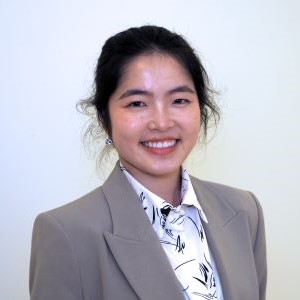
Lucy Wang
MACS Student
Lucy is a first-year master’s student in UCLA’s MACS program under the Department of Chemistry and Biochemistry. She graduated from UCLA in 2022 with a B.S. in Biochemistry with a minor in Cognitive Science, and a B.A. in Applied Linguistics. During her undergraduate years, Lucy volunteered in various labs across multiple fields of study, the last of which examined how neuron activity affects tau protein pathology in Alzheimer’s Disease. Lucy now aspires to become a medicinal chemist and hopes to further her knowledge in drug discovery. In her free time, Lucy enjoys dancing, oil painting, cuddling with dogs and cats, and most importantly, eating.
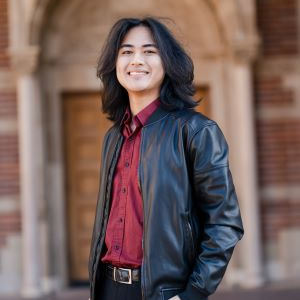
Jose Angelo Grajeda
Undergraduate
Angelo is a second-year undergraduate at the University of California, Los Angeles, majoring in Psychobiology and minoring in Neuroscience. He operates in the DDL’s Chemistry branch by performing ADME assays to evaluate preclinical small molecule drug candidates for CNS disorders, such as Alzheimer’s (AD). These include in-vitro assays testing metabolic stability, tissue binding, and blood-brain barrier permeability, as well as in-vivo pharmacokinetics. In the future, Angelo aspires to work in geriatric medicine and help find a treatment for AD and dementia. Outside of the lab, he enjoys playing the guitar and singing with his a cappella group, Resonance.
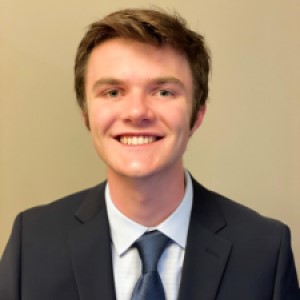
Edward Nash
Undergraduate
Eddie is an undergraduate student at the University of California, Los Angeles studying Human Biology and Society with an expected graduation date in 2025. Eddie is involved in early stage drug discovery for both Parkinson’s and Alzheimer’s disease. He is primarily responsible for testing hit compounds from screens for functionality and probing for the modulation of key proteins to elucidate the molecular mechanisms of hit compounds. Eddie is heavily involved in the intellectual development of projects/grants and aspires to pursue an MD program at the conclusion of his undergraduate career.
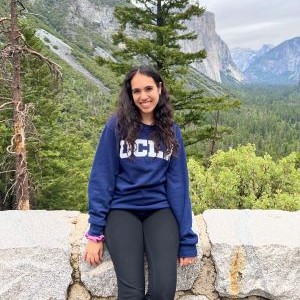
Manya Bajaj
Undergraduate
Manya is an undergraduate student at the University of California, Los Angeles, pursuing a Biochemistry major, and expected to graduate in 2025. At DDL, Manya is actively involved in the discovery and development of novel therapeutics for Alzheimer’s disease. She maintains cell lines which are used to evaluate hit compounds for their functionality and also performs biological assays such as BCA, ELISA, and AlphaLISA to study the regulation of key proteins in Alzheimer’s Disease. After her undergraduate studies, Manya aspires to build a career in the biopharmaceutical industry and contribute to scientific advancements. Outside of the lab, Manya is passionate about dancing and is trained in the Indian classical dance form, Kathak.
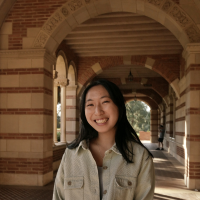
Alicia Li
Undergraduate
Alicia is a second-year biochemistry undergraduate at UCLA. She is interested in pharmaceutical research and drug discovery, At DDL, Alicia has been involved with various biochemical assays to test the potency of potential Alzheimer's disease compounds. In her free time, Alicia likes to play badminton and do arts and crafts!

Anisa Subbiah
Undergraduate
Anisa is studying Microbiology, Immunology and Molecular Genetics at the University of California, Los Angeles and expects to graduate in 2025. At DDL she focuses on developing her skills relating to early-stage drug discovery for neurodegenerative disorders including Alzheimer’s and Parkinson’s disease. In particular, she enjoys helping maintain cell lines, carrying out immunoassays and performing in-vitro ADME/T assays. After graduating Anisa hopes to continue pursuing research and go to medical school. In her free time, she enjoys hiking, spending time with her friends, cooking and exploring Los Angeles!
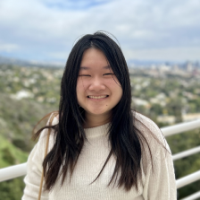
Yuan Xin Goh
Undergraduate
Yuan Xin is studying Microbiology, Immunology, and Molecular Genetics at UCLA and expects to graduate in 2026. At DDL, she hopes to gain more research experience in drug discovery for neurodegenerative diseases. She is currently responsible for harvesting, and maintaining neuronal cell lines, and running immunoassays. In her free time, Yuan Xin likes to do the New York Times' crossword puzzle, reading, and swimming. After graduating, she hopes to pursue higher education in a similar field.
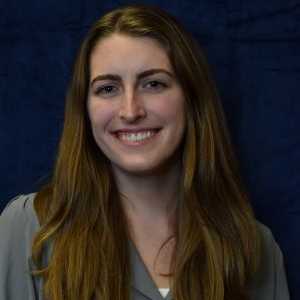
Meghan Spoeri
Undergraduate
Meghan is an undergraduate student at the University of California, Los Angeles majoring in Neuroscience with an expected graduation date in 2025. Meghan is primarily involved in performing ADME assays to evaluate preclinical drug candidates for Alzheimer's Disease. After graduation, Meghan hopes to pursue a career as a Physician Assistant and specialize in Neurology or Neurosurgery. Outside of the lab, Meghan enjoys playing tennis, reading, and exploring new coffee shops. .
Current Members

Varghese John, Ph.D.
Principal Investigator

Barbara Jagodzinska, Ph.D.
Senior Medicinal Chemist

Patricia Spilman, M.A.
Senior Staff Scientist

Tina Bilousova, Ph.D.
Assistant Project Scientist

Jesus Campagna, M.S.
Director of Operation

Chunni Zhu, Ph.D
Associate Project Scientist

Bruce Teter, Ph.D.
Associate Adjunct Professor

Whitaker Cohn, Ph.D.
Postdoctoral Fellow

Dongwook Wi, M.S
Staff Research Associate

Jessica Lee
Staff Research Associate

Terran Cole
MACS Student

Lucy Wang
MACS Student

Jose Angelo Grajeda
Undergraduate

Edward Nash
Undergraduate

Manya Bajaj
Undergraduate

Alicia Li
Undergraduate

Anisa Subbiah
Undergraduate

Yuan Xin Goh
Undergraduate

Meghan Spoeri
Undergraduate
Former Members
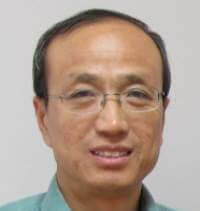
Dongsheng Bai, M.D.
Staff Research Associate
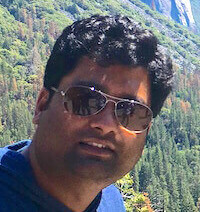
Mohammad Parvez Alam, Ph.D
Research Fellow at Harvard

Asa Hatami, Ph.D.
Scientist at Sangamo Theraperutics

Michael Jun, B.S.
Preparing for Medical School

Thaidan Pham, B.S.
Pursuing an M.D.

Haley Gallo, B.S.
Pursuing a Ph.D.

Josh Soler, B.S.
Preparing for Medical School
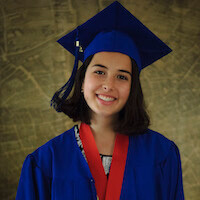
Alexandra Ivanova
Undergraduate
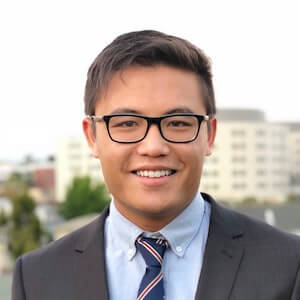
Alex Duong, B.S.
Pursuing an M.D.
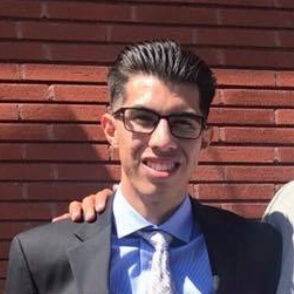
Nicholas Fierro
Undergraduate
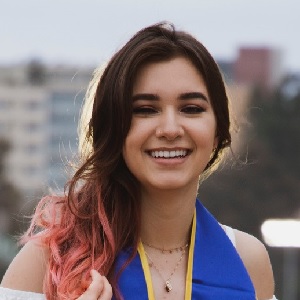
Kaley Powers
Undergraduate

Jessica Nyon
Pursuing a Ph.D
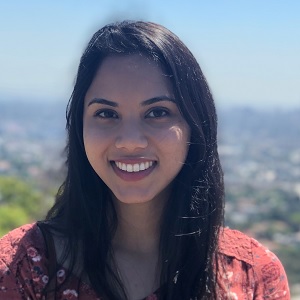
Shreya Narin.
Pursuing an M.D.
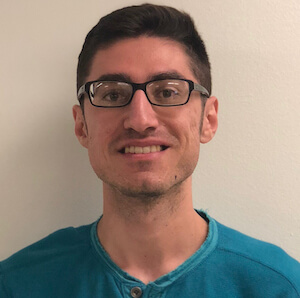
Chris Elias, B.S.
Pursuing an M.D
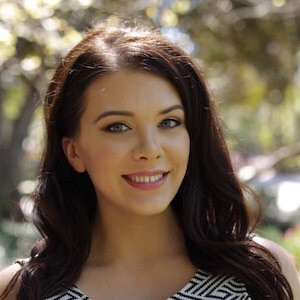
Samantha Focht, B.A.
Lab Assistant
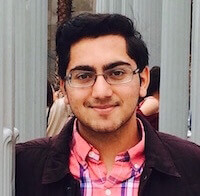
Nikhil Kansal
Graduate Student
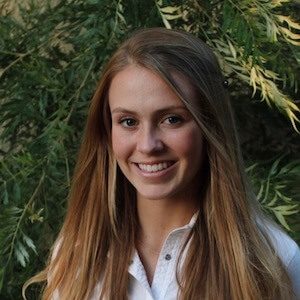
Devon O'Brien
Pursuing an M.D
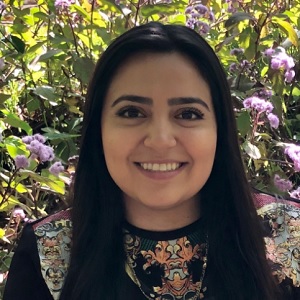
Crystal Meza
Undergraduate
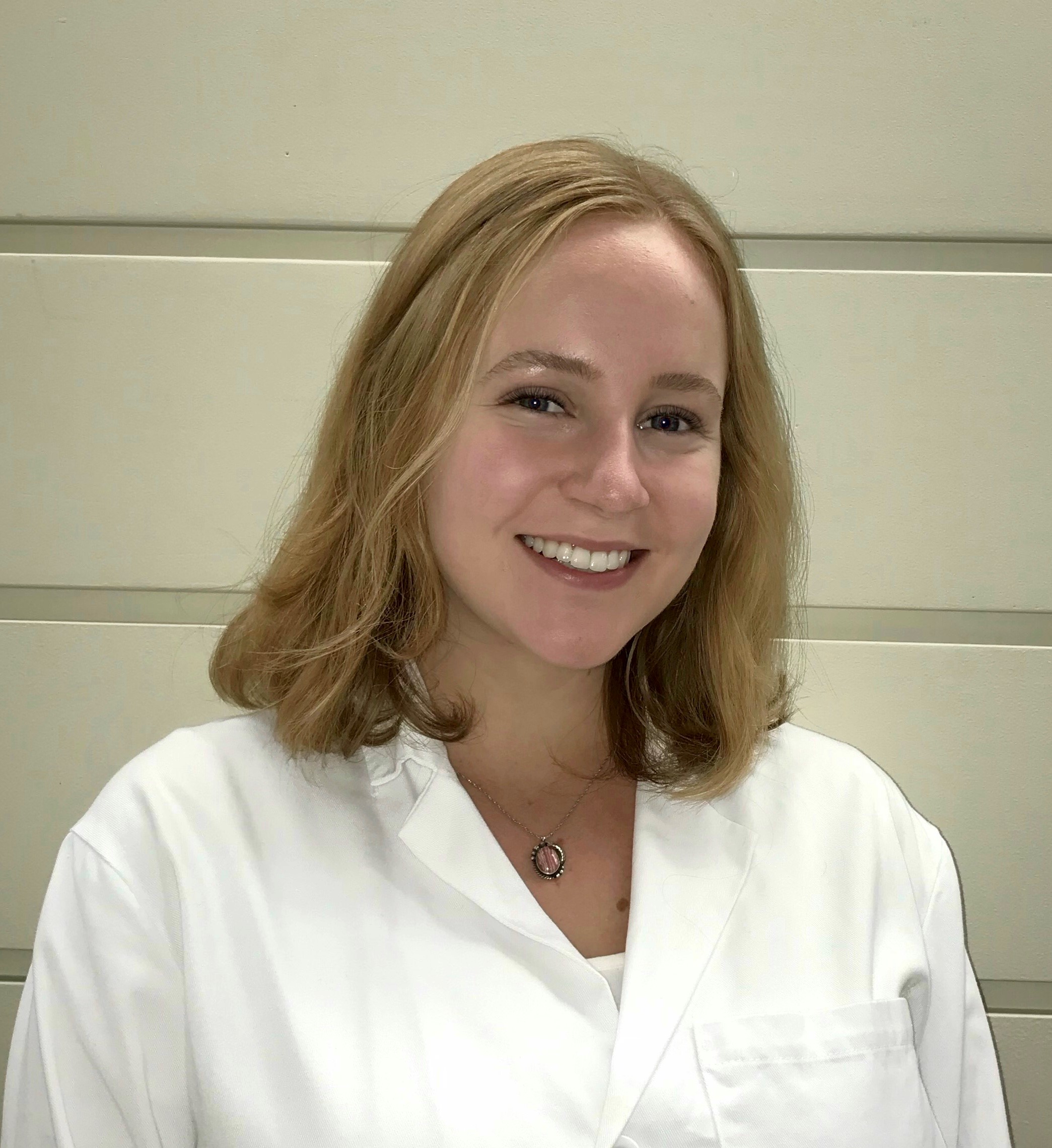
Olivia Young
Undergraduate
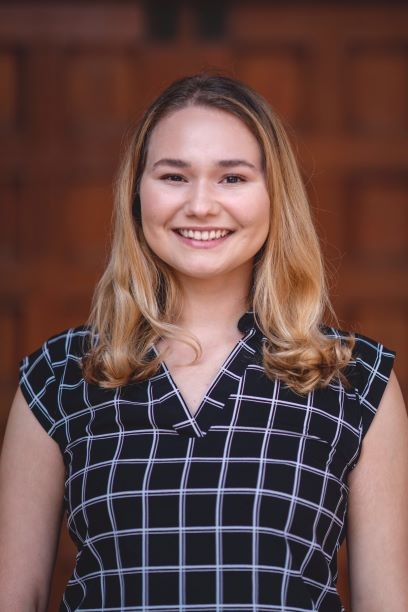
Karoline Guthrie
Undergraduate
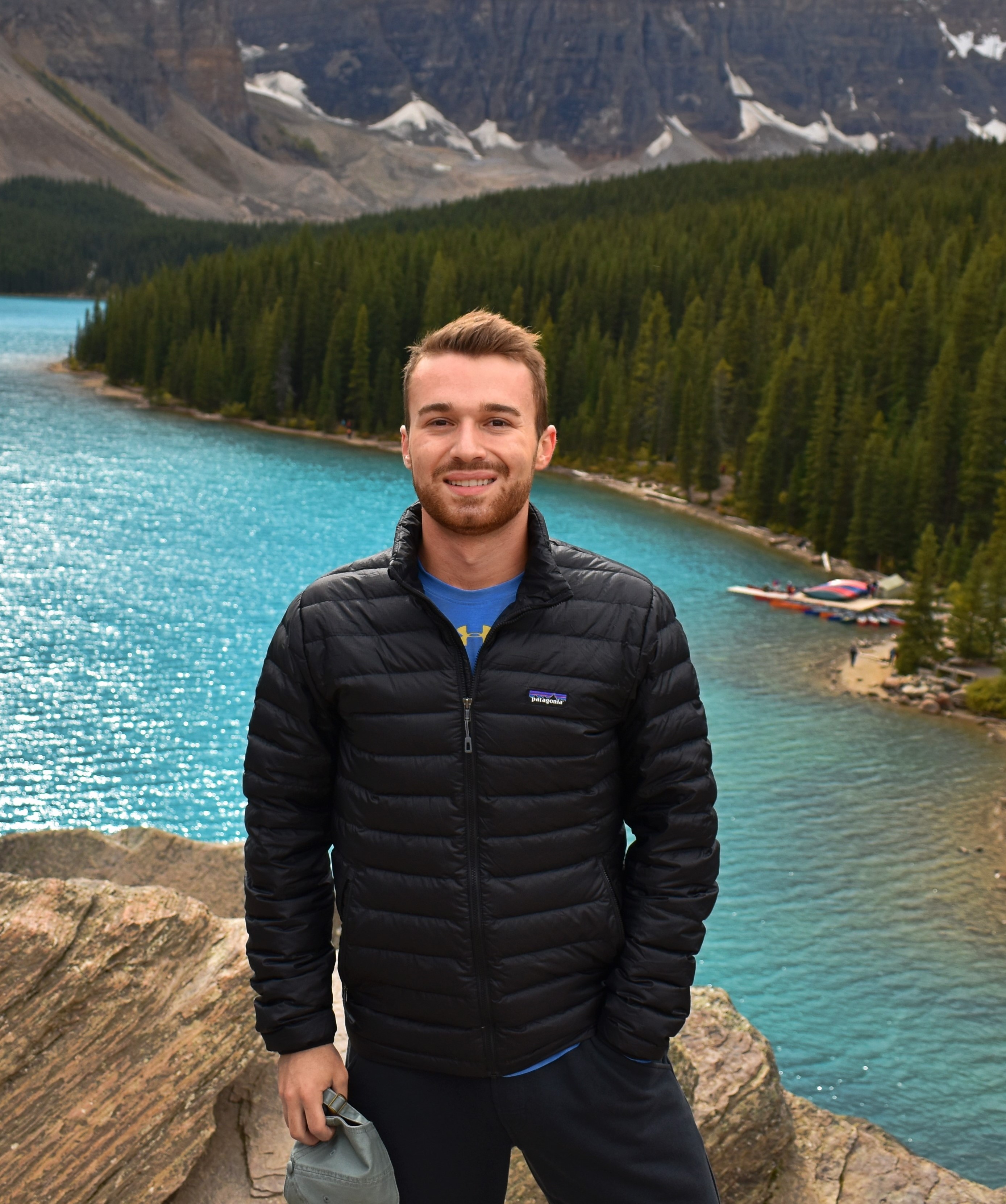
Simon Kapler
Undergraduate

Sujyoti Chandra, Ph.D
Postdoctoral Scholar & Fellow
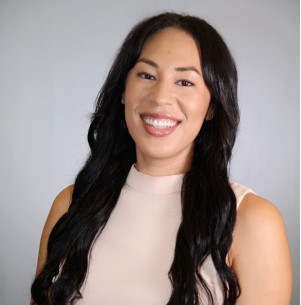
Malaney Young
Postdoctoral Scholar & Fellow
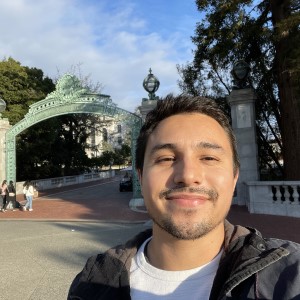
Juan Marcucci, B.S
Staff Research Associate
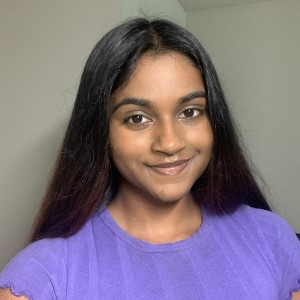
Sadhana Sankar
In dental School
Idealogy & Vision
The goal of our research is to discover why the aging brain is at risk for Alzheimer's disease (AD) and based on this knowledge, develop strategies to prevent, delay, and cure AD. To achieve these goals we rely on unique approaches to understanding the mechanisms underlying AD, to therapeutic discovery, and to design of clinical trials. We use a "Pharma" model in an academic setting wherein we design primary (including high-throughput screening, HTS), secondary and tertiary in vitro assays and a variety of in vivo studies appropriate for each compound series and target, to identify new therapeutics than can advance to clinical testing in AD (or other neurodegenerative disease) patients.
The DDL approach is based on the hypothesis that AD results from an imbalance in an extensive array of networks. Current monotherapeutic approaches may address a single network dysfunction, but this has not lead to an efficacious new AD therapy in more than 10 years. Rather than focusing on a single target, we are developing a more comprehensive Systems Therapeutic Approach that includes both pharmacological and nonpharmacological components to correct the various known network imbalances in AD.

Developmental Strategy
The DDL embraces all stages of early drug discovery: target validation, development of phenotypic screens, medicinal chemistry for hit-to-lead optimization, in vitro ADME/T, in vivo pharmacokinetic (PK)/pharmacodynamic (PD) testing for target engagement studies for lead advancement, and lead confirmation. Members of the DDL each have a specialty and focus, and their efforts are coordinated to advance drug development.
